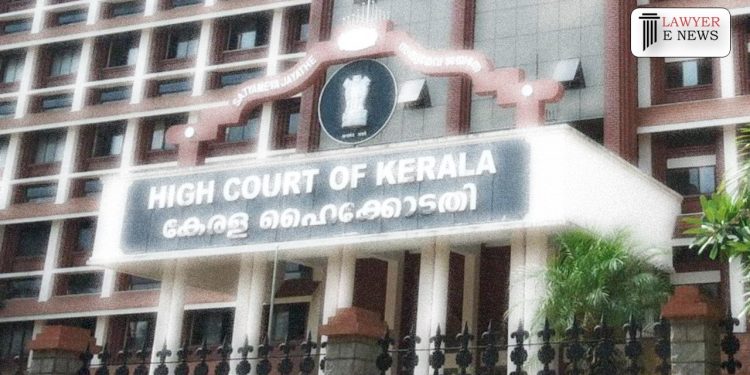CIVIL PROCEDURE CODE DO NOT CONTROL THE COURT’S JURISDICTION TO REVIEW A JUDGMENT OR ORDER IN A WRIT PETITION – Kerl. HC

In a significant ruling, the High Court of Kerala has asserted its wide powers of review under Article 226 and 227 of the Constitution of India. The court, in a judgment delivered by Justice P. V. Kunhikrishnan, stated that the provisions of the Civil Procedure Code do not control the court’s jurisdiction to review a judgment or order in a writ petition. The court emphasized that the Procedure Code is merely a guiding principle and not applicable to review petitions filed under Article 226 and 227.
Justice Kunhikrishnan said, “The jurisdiction of this court under Article 226 and 227 of the Constitution of India, to review a judgment is wide and not controlled by the provisions of the Civil Procedure Code. Therefore, the contention of the review petitioner that a portion of the judgment/order cannot be reviewed is unsustainable.”
The court further clarified that a portion of a judgment or order can be reviewed under Article 226 and 227, as long as it does not contradict other findings in the same judgment or order. This highlights the expansive nature of the court’s review powers, allowing for a comprehensive examination of the legal and factual aspects of a case.
In the judgment, the court also addressed several other important issues. It rejected the contention of the review petitioner regarding the commission of misconduct, but emphasized that when disciplinary proceedings are initiated, the disciplinary authority should decide the matter independently without being influenced by any previous observations made in the judgment.
The court left open the question of the maintainability of Section 340 Cr.P.C. proceedings and allowed the review petitioner to raise the issue separately in the preliminary inquiry. This decision allows for a separate examination of the applicability and merits of Section 340 Cr.P.C. proceedings in the case at hand.
Moreover, the High Court of Kerala declared that it has the power to initiate disciplinary proceedings against the presiding officers of district courts and subordinate courts in the Lakshadweep Islands. As the district courts and subordinate courts in Lakshadweep are under the supervision of the High Court of Kerala, it clarified that the High Court has the authority to conduct disciplinary proceedings against these officers.
The court modified the disciplinary authority, stating that the additional third respondent is the High Court of Kerala, and directed consequential corrections to be made in the judgment accordingly. Until the High Court passes the consequential order, the review petitioner is deemed to be under suspension.
This landmark judgment by the High Court of Kerala reaffirms the court’s expansive review powers under Article 226 and 227 of the Constitution, establishing a significant precedent for future cases.
Date of Decision: 21 June 2023
CHERIYA KOYA vs T.ADMINISTRATION OF LAKSHADWEEP





